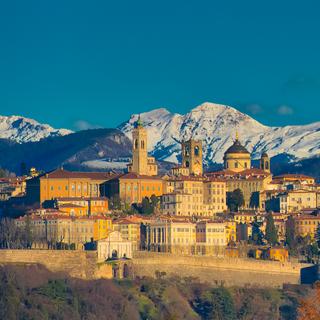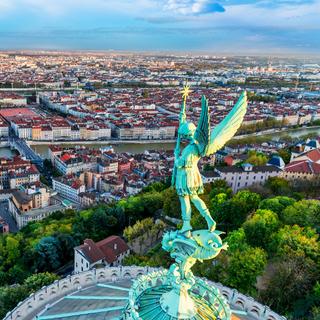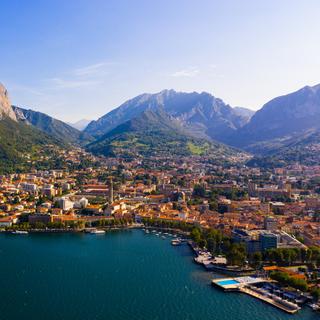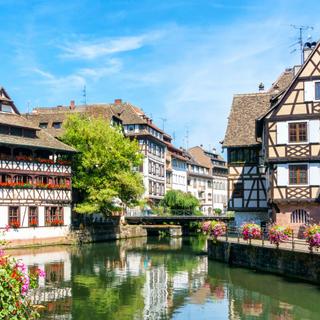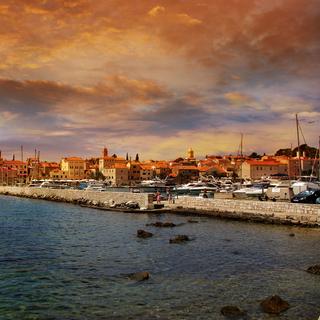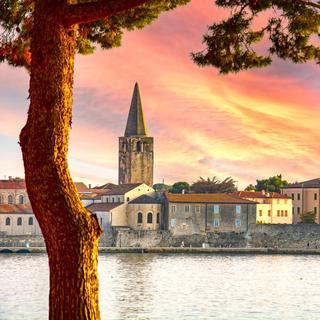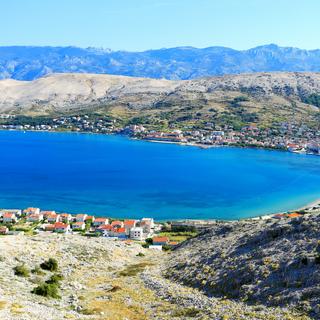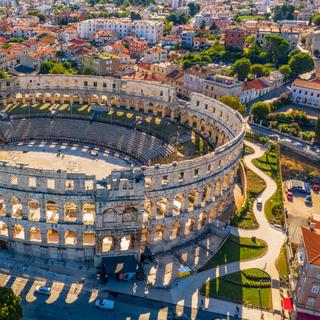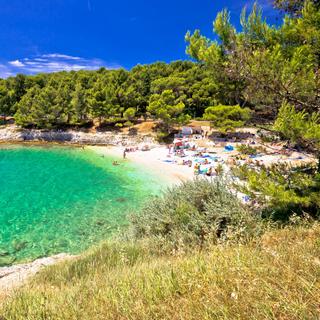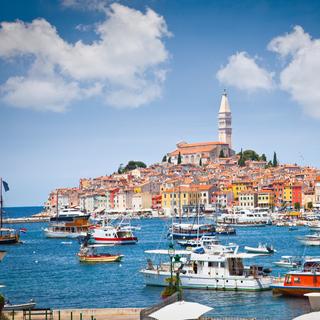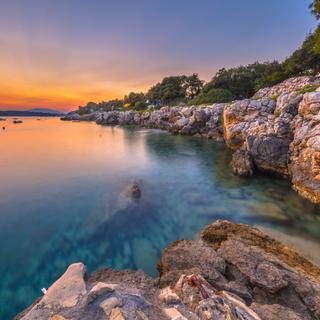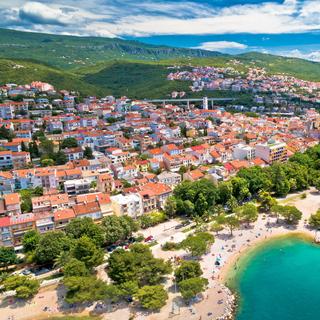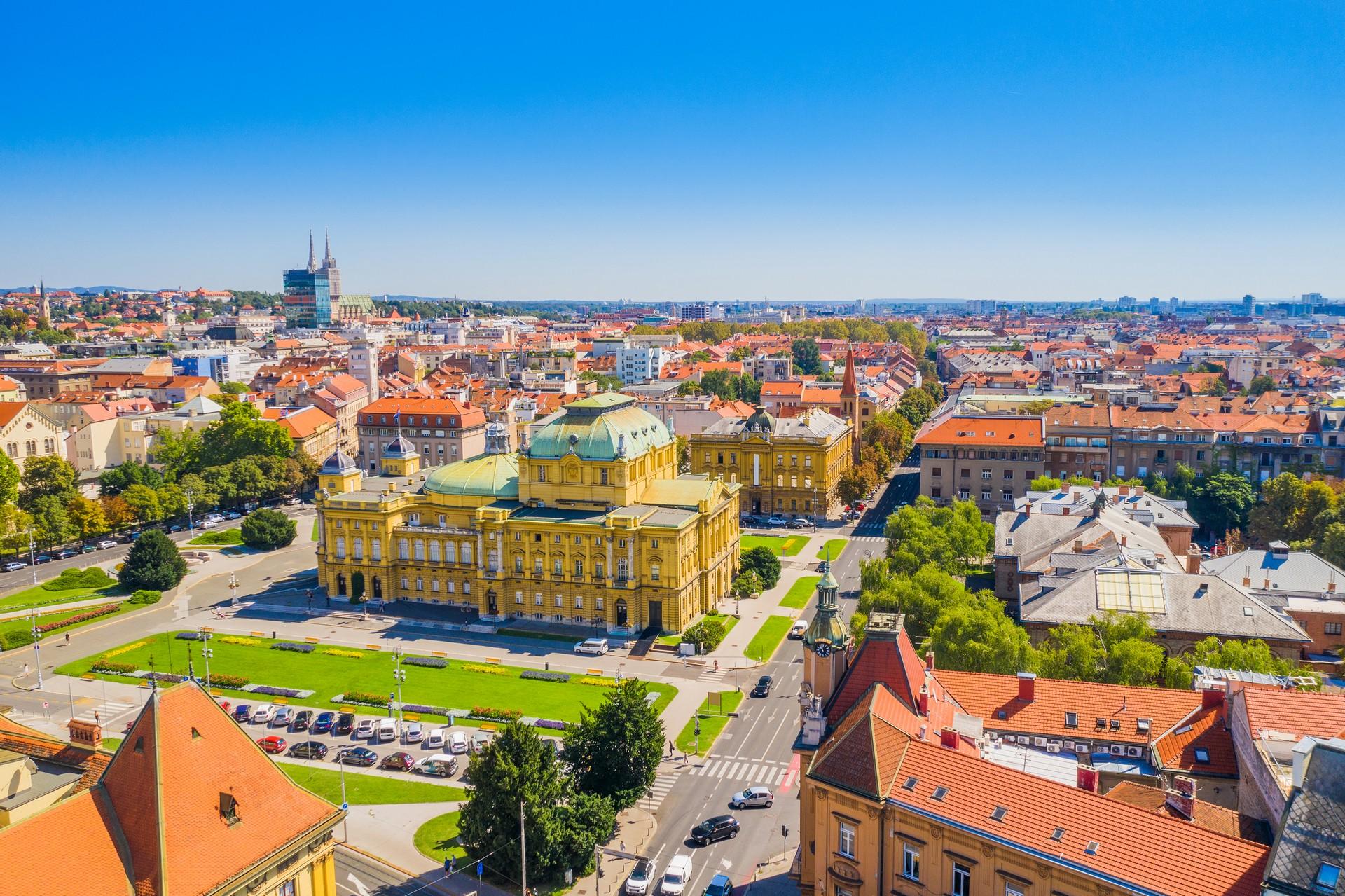
Zagreb weather and climate

Zagreb weather and climate
Day
28 °C
Night
16 °C
Precipitation
78 mm
in month
Rainy days
10 days
in month
Daylight
15 hours
average
Sunshine
9 hours
average
Humidity
68 %
Weather charts for Zagreb

Find more destinations like this
Destinations with similar weather to Zagreb
Other destinations in Northwest Croatia
Closest cities for Zagreb
Last week's weather in Zagreb
The week of 23 June 2025 - 29 June 2025 had an average daily temperature of 35 °C (95 °F) and a minimum (nighttime) temperature of 19 °C (66 °F). Both the daily and night temperatures in Zagreb are above the long-term average, which is around 26 °C (79 °F) and 15 °C (59 °F) respectively. The hottest day of the week was Thursday in the middle of the week. The average temperatures observed during different times of day (based on local time) were as below: 7am 24 °C (75 °F), 10am 29 °C (84 °F), 1pm 32 °C (90 °F), 4pm 35 °C (95 °F), 7pm 32 °C (90 °F), 10pm 25 °C (77 °F).
The week had 5 days without rain, 1 day with light rain and 1 day with moderate rain. During the whole week, total of 15 mm (0.59 in) of precipitation was observed, which is slightly below the long term average for Zagreb, which is 22 mm (0.87 in). The daytime hours (from dawn to dusk) had an average cloud coverage of 2 %.
The wind's speed averaged 2.0 m/s. The prevailing winds blew from the North and South-West. The air pressure was 1010 hpa - 1024 hpa. The air in Zagreb had an average humidity of 56 %.
On average, there were 16 hours clear skies and 1 hour rainy weather during the daytime (from dawn to dusk). Average time of sunrise was 05:07, average time of sunset was 20:50.
Weather overview for Zagreb
Weather overview
Nestled within Croatia is the city of Zagreb, which is characterized by a temperate continental climate. Its seasonal temperature fluctuations range from an average daily high of 4 °C (40 °F) in January to a warming peak of 28 °C (82 °F) come July. Nightly lows mirror this pattern; January sees an average minimum of -2 °C (29 °F) while in July, the temperature gently decreases to an average of 16 °C (61 °F). Remarkably, the lowest precipitation occurs in January with about 8 days of rainfall, contrasting with June's pronounced wetness when rain is seen on 13 days.
January weather
In January, Zagreb experiences its lowest daytime temperatures, averaging 4 °C (40 °F), with the nighttime temperatures also dipping to their minimum at -2 °C (29 °F). There are fewest rainy days this month, averaging 8 days, and the rainfall volume also lessens with 51 mm (2.02 in) being the norm.
February weather
February heralds the onset of rising rainfall, as evidenced by an average of 9 days in Zagreb. Rainfall volume is at its lowest this month, reaching 48 mm (1.90 in). A gradual increase in daytime temperatures can be seen, averaging 7 °C (45 °F), with February also marking the start of nightly temperature increases. The beginning of a rise in sunny hours is notable, registering 4 hours.
March weather
The upward trend of daytime temperatures continues in March for Zagreb, with an average peak of 13 °C (55 °F), while nighttime temperatures rise to an average of 3 °C (37 °F). The early signs of increasing rainfall are apparent, recording 59 mm (2.32 in). More sunshine hours begin to manifest, with an average of 4 hours. The wind speed reaches its zenith, with an average of 2 m/s.
April weather
April in Zagreb sees further increase in rainy days, averaging 11 days. Daytime temperatures maintain a rising trend at an average of 17 °C (63 °F), with nighttime temperatures average warming to 6 °C (43 °F). An upward curve in sunny hours continues, now at 6 hours. Additionally, the lowes at humidity becomes noticeable.
May weather
The tourist season in Zagreb gears up in May with a noticeable increase in the number of rainy days, recorded at 12 days, accompanied by a rise in rainfall volume, amounting to 81 mm (3.18 in). Daytime temperatures continue their ascent to reach 22 °C (72 °F), and the nighttime temperatures also continue their upward trajectory, now averaging 11 °C (52 °F). An increase in the number of sunny hours is seen, averaging 7 hours.
June weather
With the tourist season underway in June, Zagreb enjoys further elevated daytime temperatures averaging 25 °C (77 °F) and an increase in nighttime temperatures to an average of 14 °C (58 °F). The peak in the number of rainy days is realized at 13 days, alongside a respective increase in rainfall volume at 98 mm (3.86 in). Sunny hours also increase, averaging 8 hours.
July weather
July in Zagreb is marked by the apex of daytime temperatures, with an average high of 28 °C (82 °F), and the nighttime temperatures peaking at 16 °C (61 °F) as well. The decline in rainy days begins, averaging 10 days, with a descending rainfall volume trend also being noted. The acme of sunny hours is evident at 9 hours, signifying clear skies.
August weather
Zagreb's tourist season persists in August, with a decrease in the number of rainy days to 9 days and a slight rise in rainfall volume. Daytime temperature begins its decline, averaging 27 °C (81 °F). The start of the reduction in sunny hours is also marked this month.
September weather
Tourism continues in September within Zagreb, where there is an initial uptick in the number of rainy days, noted at 10 days. The rainfall amount reaches its annual peak this month. The decrease in daytime temperatures endures, now at an average of 23 °C (73 °F), and the beginning of nighttime temperature decrease is also evident. The decline in the number of sunny hours becomes more pronounced, averaging 6 hours.
October weather
As October arrives, Zagreb sees a continued decline in daytime temperatures to an average of 17 °C (62 °F), and nighttime temperatures also decrease. The peak of the tourist season approaches. The decrease in rainfall volume begins, with the accumulation recorded at 86 mm (3.40 in), and rainy days also start to decrease, averaging 9 days. The decrease in sunny hours persists, commensurate with the previous month, at 4 hours.
November weather
November in Zagreb brings further cooling, with average daytime temperatures of 10 °C (50 °F) and nighttime temperatures averaging 4 °C (38 °F). The decrease in rainfall volume continues, and the initial increase in the number of rainy days is noted, averaging 10 days. The decline in sunny hours also continues, now at an average of 2 hours. Humidity reaches its maximum.
December weather
December in Zagreb witnesses continued cooling trends, with average daytime temperatures of 5 °C (41 °F) and nighttime temperatures dipping to around 0 °C (31 °F). The decline in rainfall volume persists, now at an average of 68 mm (2.68 in). Day length reaches its nadir, while the minimum number of sunny hours is a reality.
FAQs
What is the daytime temperature in Zagreb in January?
The average daytime temperature in January in Zagreb is 4 °C (40 °F).
How much precipitation is typical for Zagreb in February?
In Zagreb, you can typically expect around 48 mm (1.90 in) of rainfall in February.
What is the humidity level in Zagreb during March?
March in Zagreb has a relative humidity averaging 68 %.
How many sunny hours can one expect in Zagreb during April?
April in Zagreb generally offers about 6 hours of sunshine daily.
Does May fall within the rainier part of the year in Zagreb?
No, May is not a particularly dry month in Zagreb; rainy days total an average of 12 days.
What are the conditions like for tourists visiting Zagreb in June?
Tourists will find June in Zagreb quite pleasant, with daytime temperatures averaging 25 °C (77 °F).
Does Zagreb experience a wet season in July?
July in Zagreb is not characterized by a wet season; expect rain on around 10 days during the month.
What kind of temperatures will I face in Zagreb during August?
August in Zagreb typically comes with pleasantly warm daytime temperatures, averaging 27 °C (81 °F).
How frequent is rainfall in Zagreb during September?
Rainfall in Zagreb during September occurs on approximately 10 days.
What daytime temperatures can be experienced in Zagreb during October?
In October, Zagreb offers average daytime temperatures of about 17 °C (62 °F).
What temperatures can I expect during the nighttime in November in Zagreb?
In November, Zagreb's average nighttime temperatures will be around 4 °C (38 °F).
Does December in Zagreb bring a lot of sunshine?
December in Zagreb generally experiences limited sunshine, with the lowest number of sunny hours for the year.
